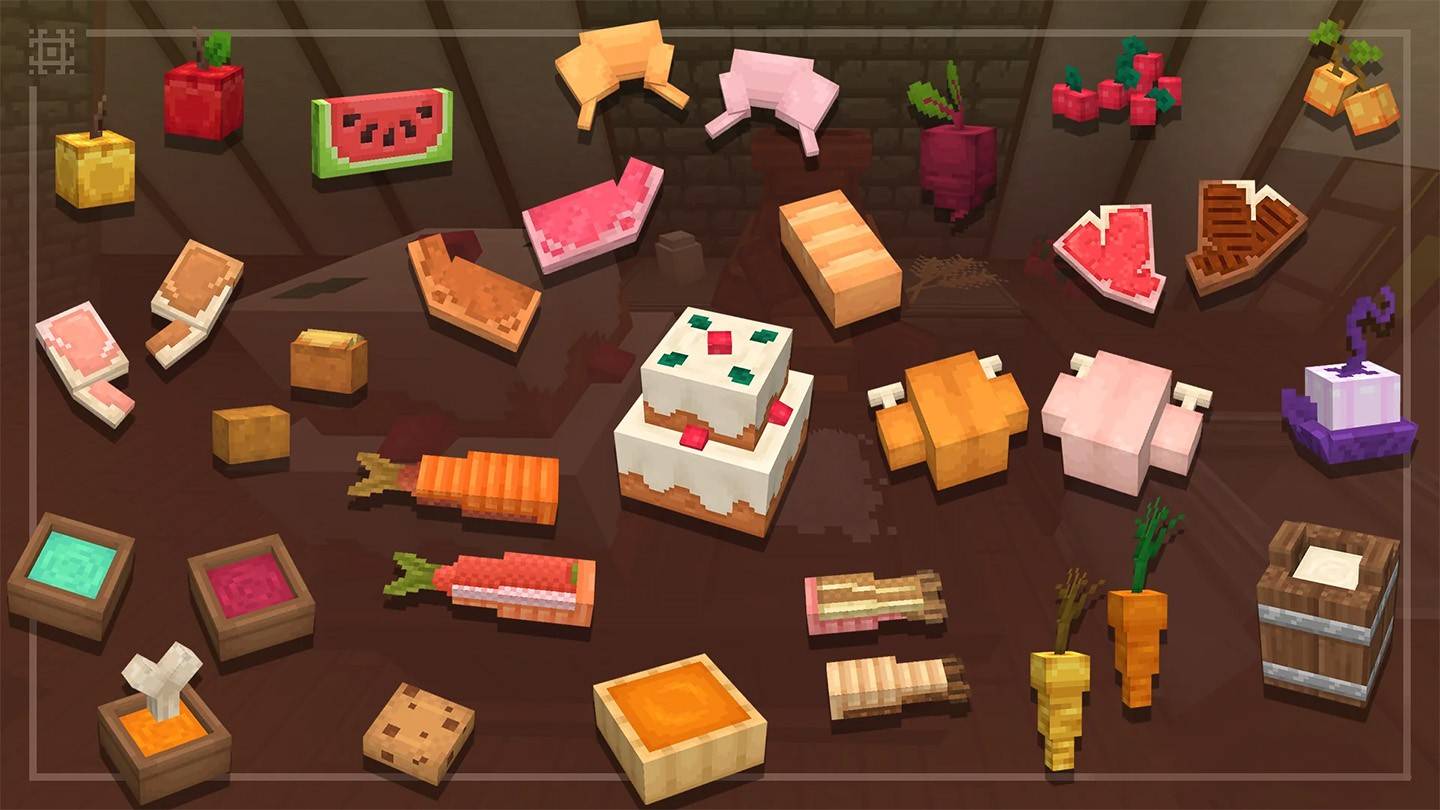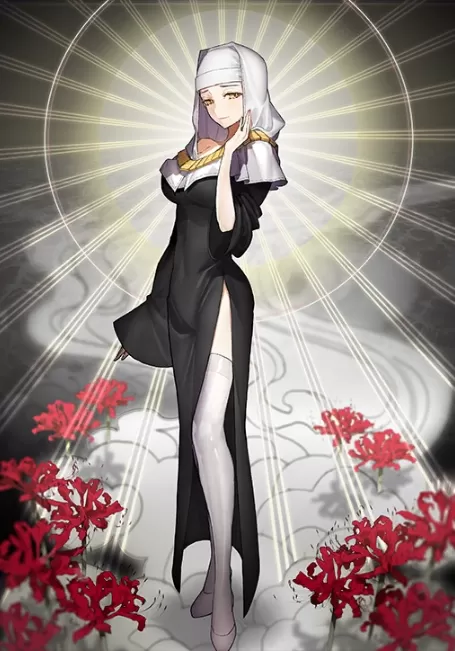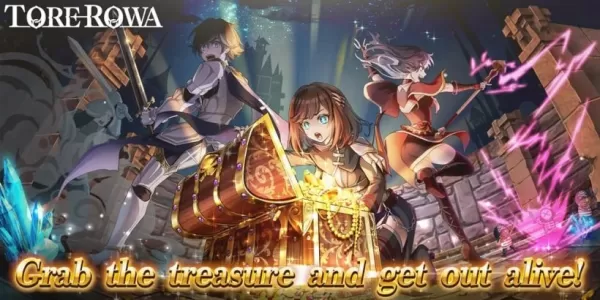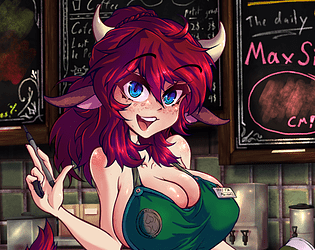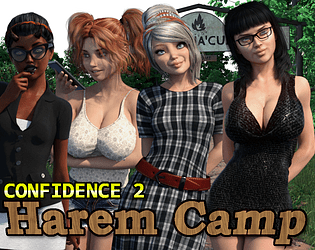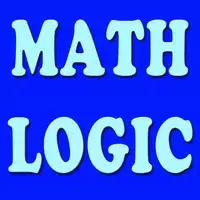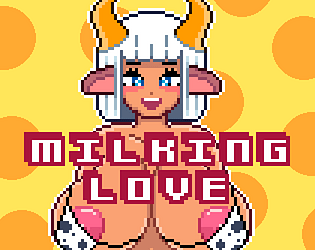The connection between Doom and metal music is unmistakable and deeply ingrained. A mere glimpse at Doom's iconic demonic imagery or a brief listen to its soundtrack instantly reveals this bond. The series, known for its flames, skulls, and devilish creatures, mirrors the visual aesthetics of Iron Maiden's stage setups. As Doom's gameplay has evolved over its 30-year history, so too has its relationship with metal, traversing various sub-genres from thrash to the modern metalcore sounds featured in Doom: The Dark Ages.
When Doom debuted in 1993, its soundtrack was heavily influenced by the metal giants of the late 80s and early 90s. John Romero, one of Doom's co-creators, has openly acknowledged the impact of bands like Pantera and Alice in Chains. This influence is evident in tracks like "Untitled," used in the E3M1: Hell Keep level, which echoes Pantera's "Mouth of War." The broader Doom score embraced the thrash genre, reminiscent of Metallica and Anthrax, propelling players through Mars' corridors with a sense of urgency akin to the game's fast-paced action. Bobby Prince's timeless soundtrack perfectly complements Doom's unforgettable gunplay.
Doom: The Dark Ages - Gameplay Screenshots
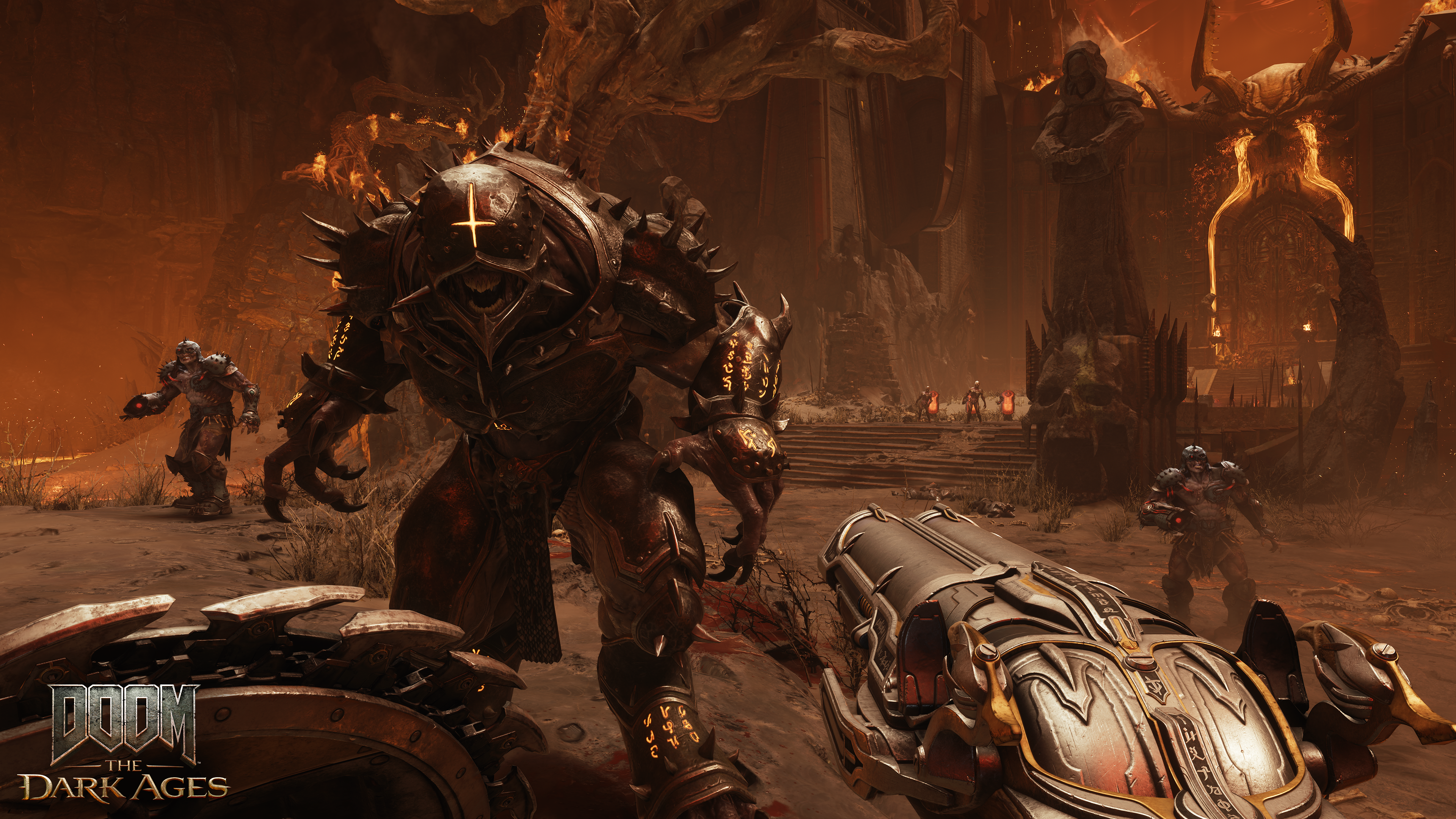
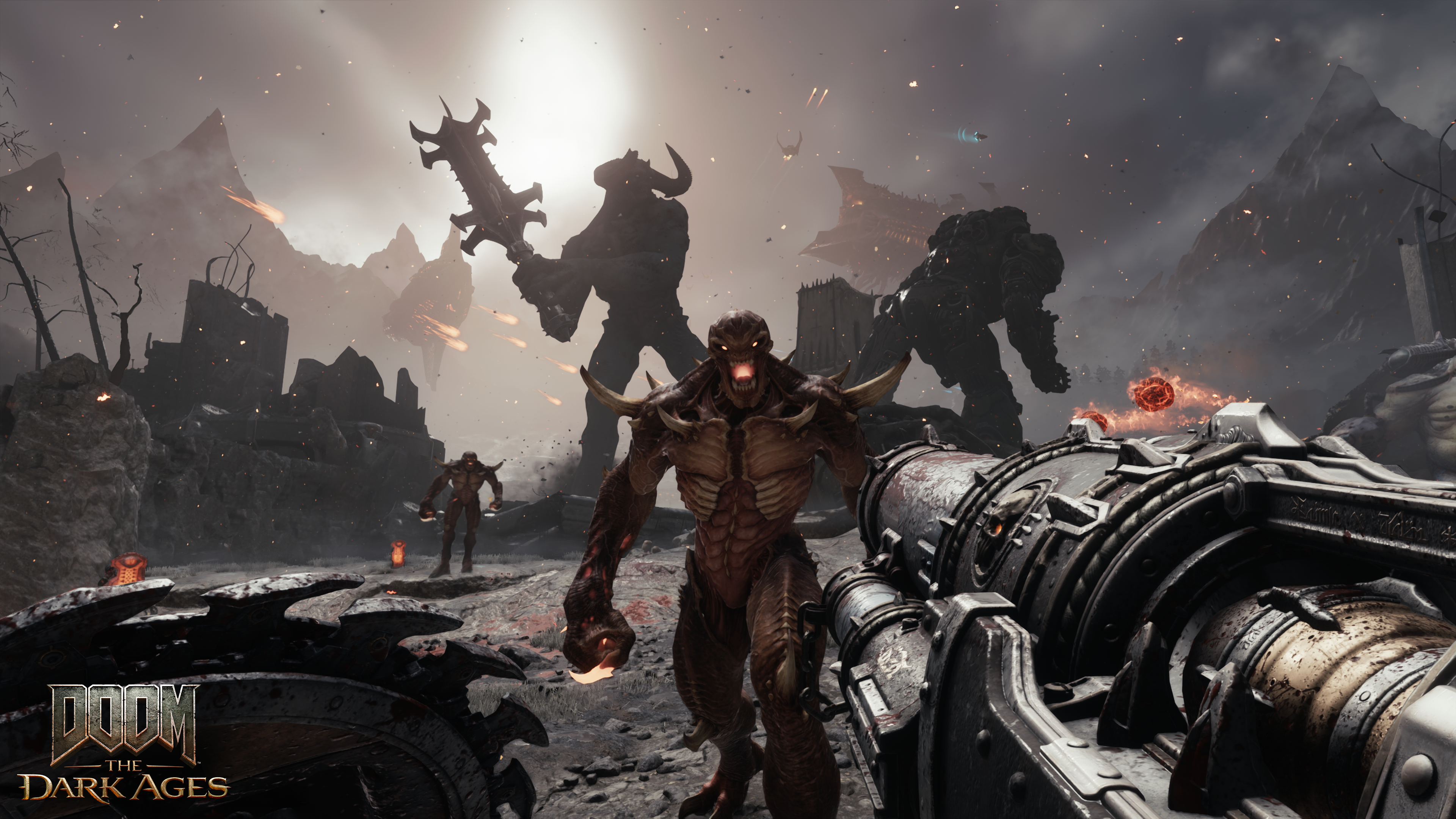 6 Images
6 Images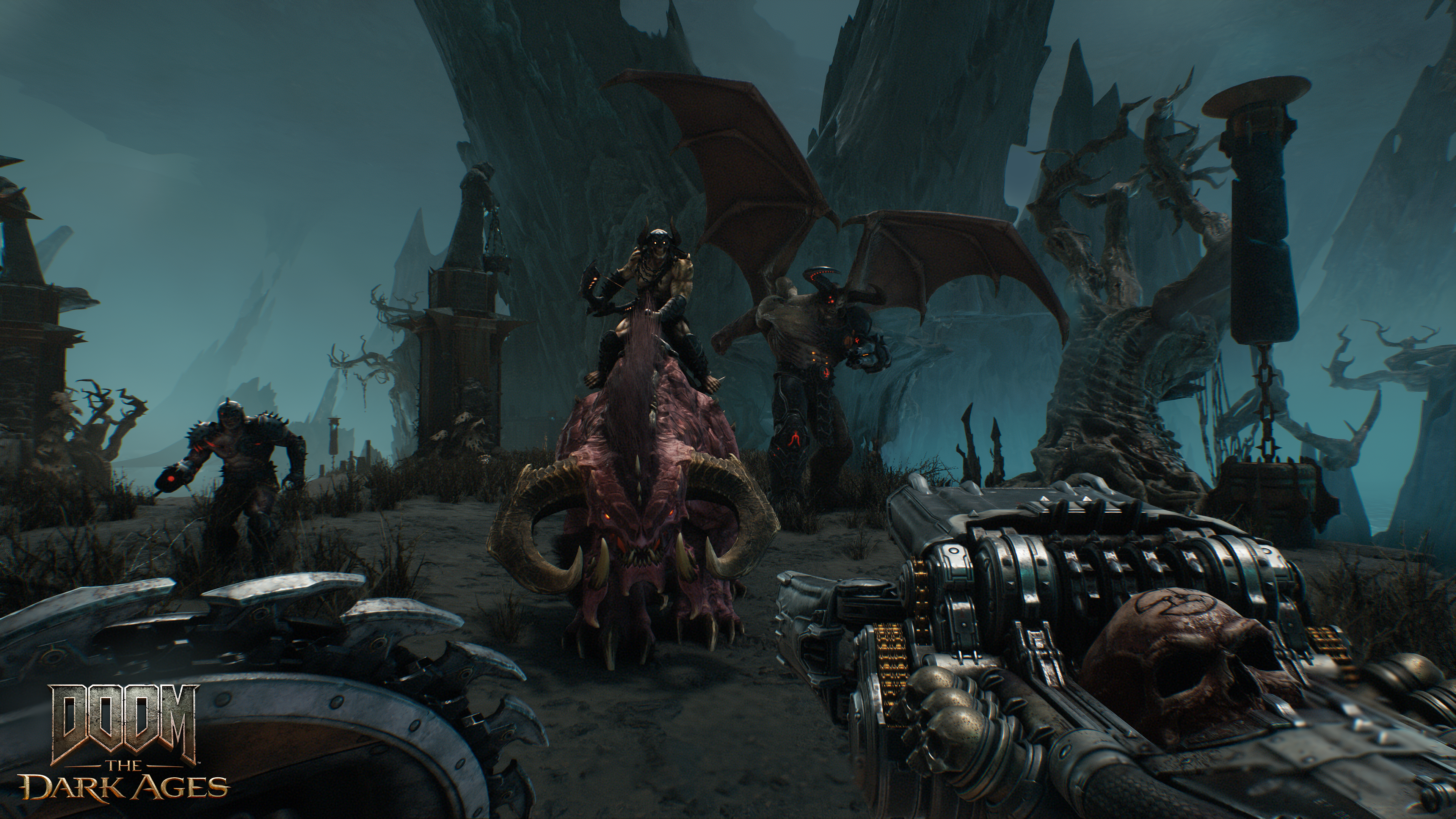
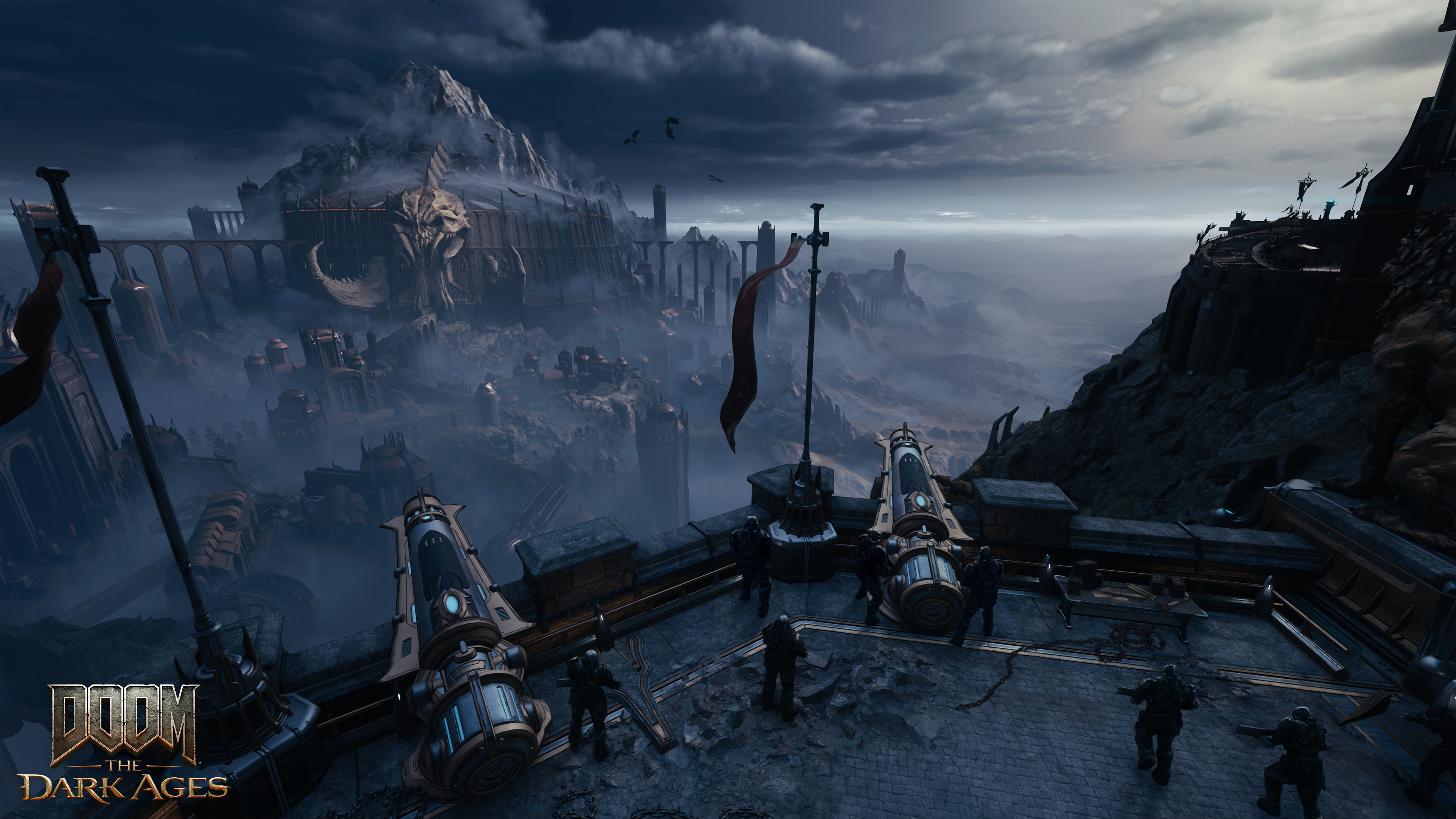
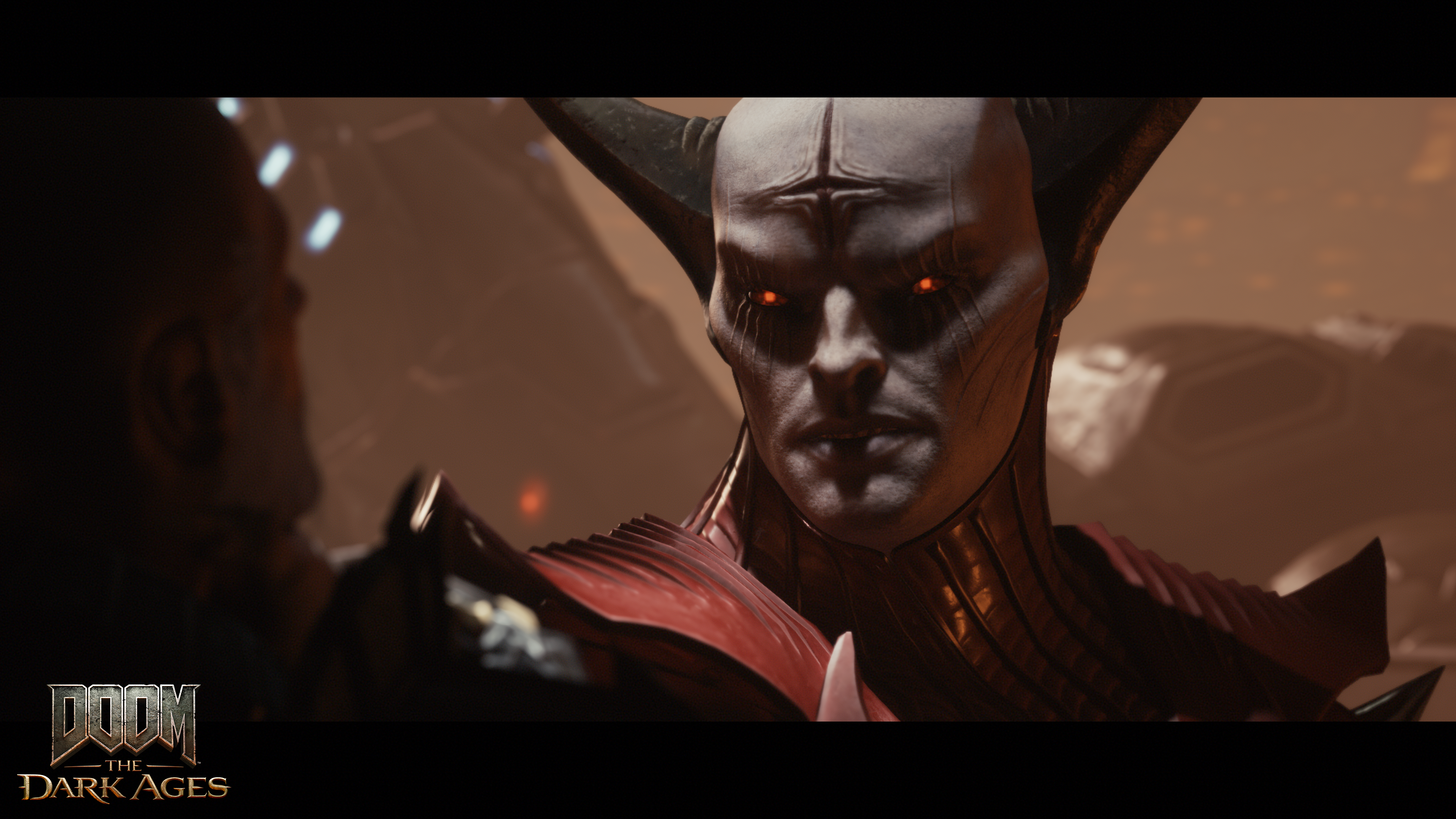
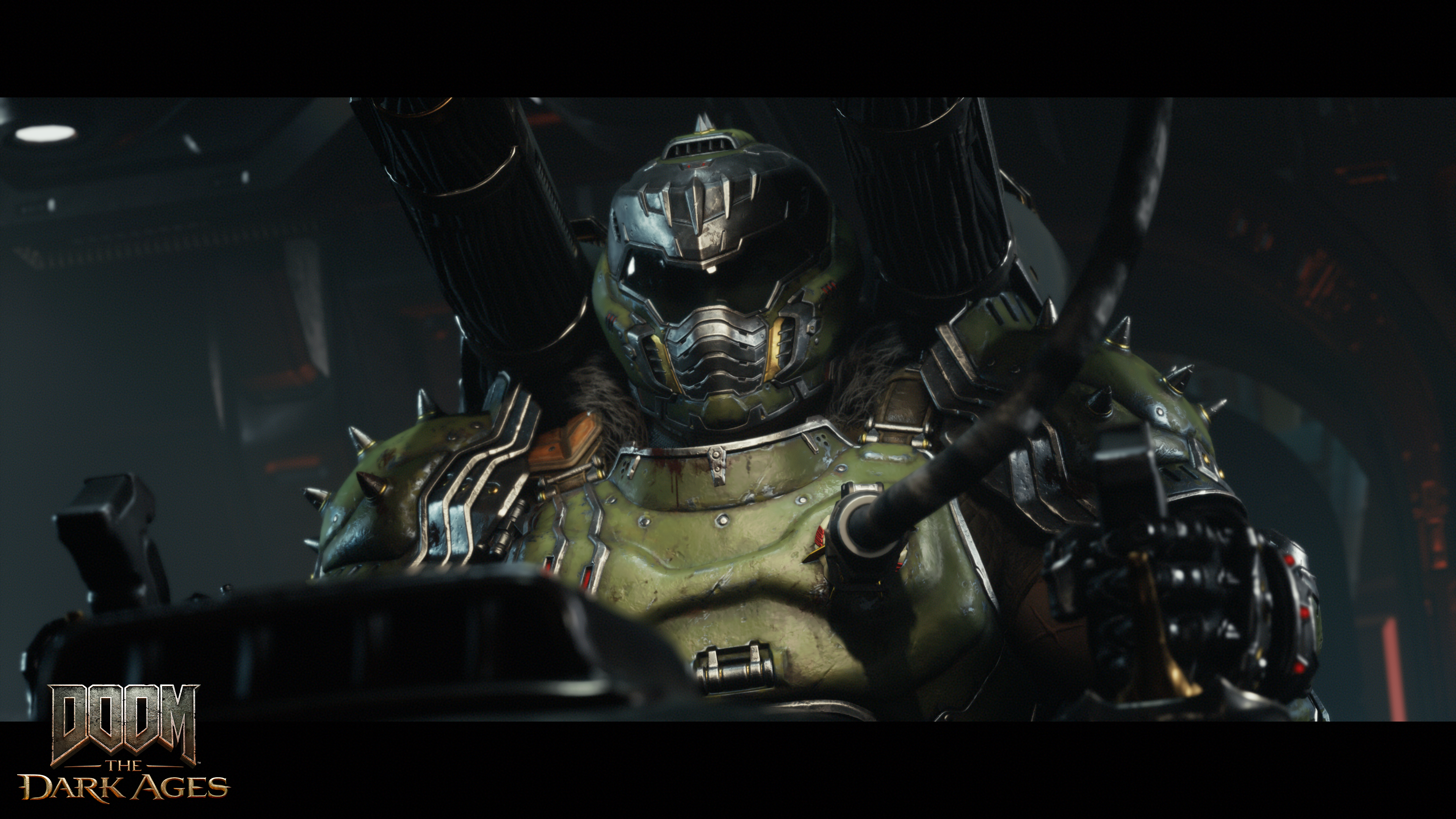
For over a decade, Doom's music continued to echo its gameplay's rhythm until Doom 3's release in 2004. This game ventured into survival horror, demanding a slower, more deliberate pace and thus, a new sound. The main theme of Doom 3, crafted by Chris Vrenna and Clint Walsh, bears the influence of Tool, especially their 2001 album Lateralus. Although Doom 3's flashlight mechanic drew criticism, its soundtrack was a fitting experiment that complemented the game's eerie atmosphere.
After Doom 3, the series faced development challenges, eventually leading to a complete overhaul with Doom 2016. Marty Stratton and Hugo Martin brought the Slayer back to Mars, reigniting the series' original momentum. Composer Mick Gordon's innovative use of sub-bass and white noise created a heart-pounding score that perfectly matched the game's intense action. Doom 2016's soundtrack, a blend of djent and progressive metal, is considered one of the most iconic in video game history.
Doom Eternal, released in 2020, continued with Mick Gordon's involvement, though it was not without controversy. The soundtrack leaned further into metalcore, reflecting the genre's dominance in the late 2010s and early 2020s. Gordon's work with bands like Bring Me the Horizon and Architects influenced Eternal's score, introducing more electronic elements and crushing breakdowns. Despite these innovations, the game's soundtrack felt slightly lighter than its predecessor, paralleling its gameplay's inclusion of platforming and puzzle elements.
Doom: The Dark Ages introduces a new chapter, blending old and new. The game's slower pace and unique mechanics, like the Captain America-inspired shield, demand a versatile soundtrack. The new composers, Finishing Move, draw from both contemporary and classic metal influences. The gameplay footage hints at seismic breakdowns reminiscent of Knocked Loose, combined with thrash-like moments that pay homage to the original Doom. As Doom continues to evolve, it remains exciting for fans of both the game and heavy music, promising a thrilling experience that builds on the series' storied legacy.

